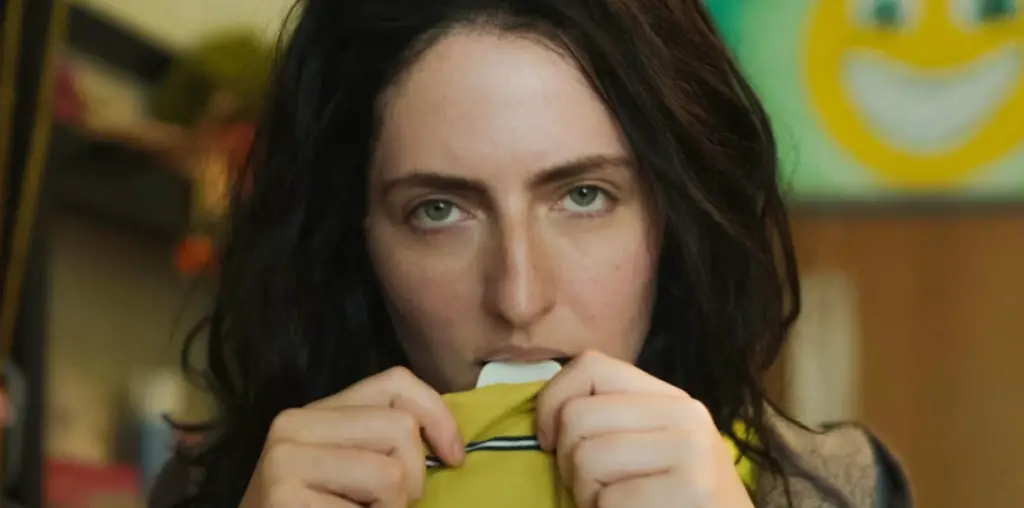
Ever wonder what it would look like if Ron Howard directed a David Cronenberg film? Ever wonder what the “auteur” behind EdTV and “Gung Ho” might do with something like, say, Fight Club? Well, unfortunately, now we know.
In theory, “A Beautiful Mind” is the story of John F. Nash, Jr. (Russell Crowe), one of the most important and influential thinkers of the last century in the fields of mathematics and economics. He won a Nobel prize for a groundbreaking paper he wrote when he was only 21. He could have accomplished even more if he hadn’t been sidelined with paranoid schizophrenia for 30 years at the age of 30.
Sounds like the kind of story rife with drama, right? It would have a made a great movie, too, IN THE RIGHT HANDS. What went wrong? For starters, though Sylvia Nassar’s biography of Nash was unauthorized, it stayed close to the facts. HOWEVER, as the production notes tell us, “‘A Beautiful Mind’… is inspired by events in the life of mathematician John Forbes Nash, Jr…” Apparently, screenwriter Akiva Goldsman (Lost in Space, “Batman and Robin”) also felt “inspired” in how to interpret Nash’s schizophrenia. While the real man reportedly suffered bouts where he believed aliens were communicating with him and a wide range of other weirdness, in the movie, Howard and Goldsman attempt to depict the madness from the inside mostly through just three imaginary friends and a couple of perceived conspiracies. It’s not as if the subject was dead or incapacitated. Nash is very much alive and well, currently teaching at Princeton. You can read his own brief biography on the Nobel site or John F. Nash’s own home page.
Aside from all the known material on public record the filmmakers chose not to use, Howard isn’t even capable of believably bringing this off. Sure, one of the Davids (Cronenberg, Lynch, and Fincher) could have (and already have) done this in their sleep. Howard, sadly, doesn’t really have any art in him. When depicting real life people, events, or illnesses on film, if you’re not going to stick to the facts, they you should at least come up with some kind of greater truth. Facts or truth. Unfortunately, you don’t go to a Ron Howard film for a greater truth; you go for a relatively pleasant way to kill a couple of hours. Yeah, I’m sure he’s a great human being and parent. Maybe he even makes a mean barbecue. But to pull off this subject with this approach, the film needed an artist, not a baby-sitter. Both Nash and the audience deserve better.
